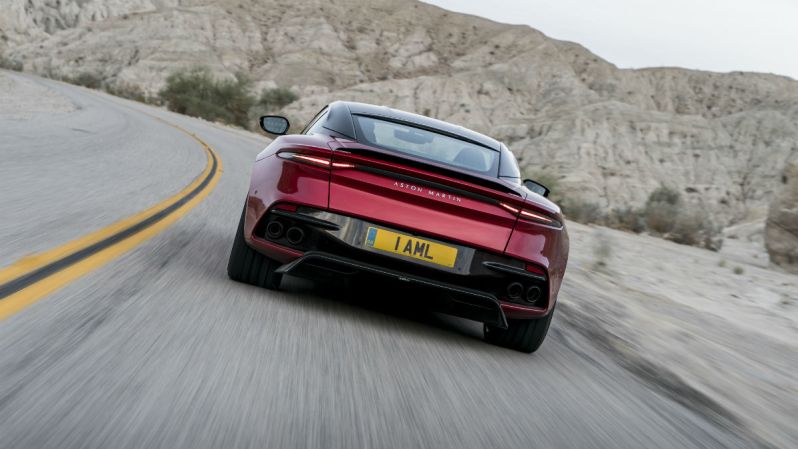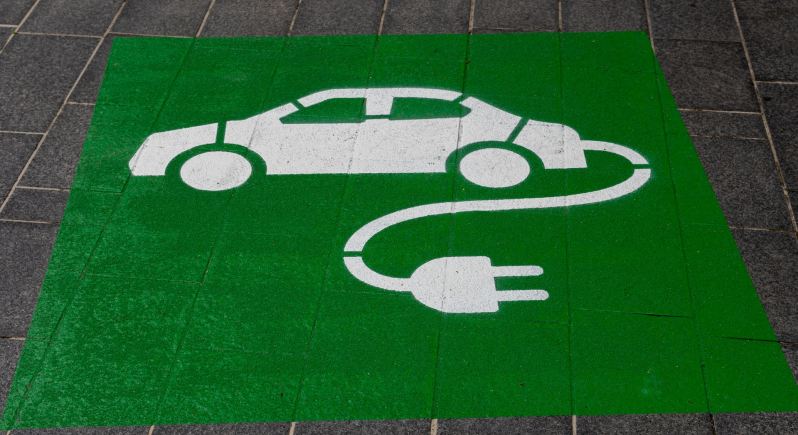You may have thought it was just a conversation you were only having with your friends or coworkers; the idea that although electric cars seem to be all the rage, and every headline is “Tesla, Tesla, Tesla!” there seems to be some more significant facets of the EV world that don’t quite make sense yet.
When Toyota CEO Akio Toyoda boldly claimed that EVs would never dominate the auto market, the initial blowback was fierce, with some claiming he was just too conservative and unwilling to embrace the future. But now, we hear that the legendary carmaker Aston Martin has decided to delay the launch of its first-ever electric car due to the lack of consumer demand.

Drivers want “the sports car smell, feel, and noise” of a petrol engine
Executive chairman of Aston Martin, Lawrence Stroll said of the company’s EV status, “All our technologies are in place… Everything is in place. The only thing that isn’t in place is the consumer demand at this early stage.”
While there are many logistical obstacles that face the implementation of an EV infrastructure (battery disposal and replacement, adequate amount of charging stations, tire usage, etc.), one of the biggest drawbacks to the adoption of electric cars is their severe lack of driver engagement.
Stroll echoed the sentiment that seems to be prevalent in many areas around the world concerning EVs: “What we are feeling is there are people that still want some electrification to drive around the city for five, or 10, or 15 miles but still have the sports car smell and feel and noise when you get onto the auto routes.”

Hybrids may be a bigger bridge than expected
While hybrid cars may have felt like simply an intermediate step between internal combustion engines (ICE) and electric vehicles, the reality is that they may be around far longer than many anticipated. Although its EV is delayed until at least 2026, Aston Martin says that it will continue to build hybrid
Having driven a BMW i8 on a 1500-mile round-trip from New Jersey to Niagara Falls and back, we can attest to the fact that having the highway frugality of an electric motor to keep fuel economy high, while also having the added benefit of a traditional ICE motor to rely upon for not only power, but to ensure that even in the most remote regions of upstate New York, we wouldn’t be stranded, made for an incredibly enjoyable adventure.
All of this is not to say that the march toward EVs is going to stop. Stroll adds, “As far as the BEV (battery electric vehicle) is concerned, we believe consumer demand was just not at the pace of all the analysts and the politicians. We do believe it will be there in the future – it’s not going away. We just think there’s a slight delay to the project.”
Undoubtedly, EVs will continue to populate our roadways as time goes on, but at least for now, we can still look forward to hearing the rumble of an Aston Martin V-12, and maybe a bit better fuel economy around town to boot. Now, that would be a fun conversation to have with your friends at the next get-together.




